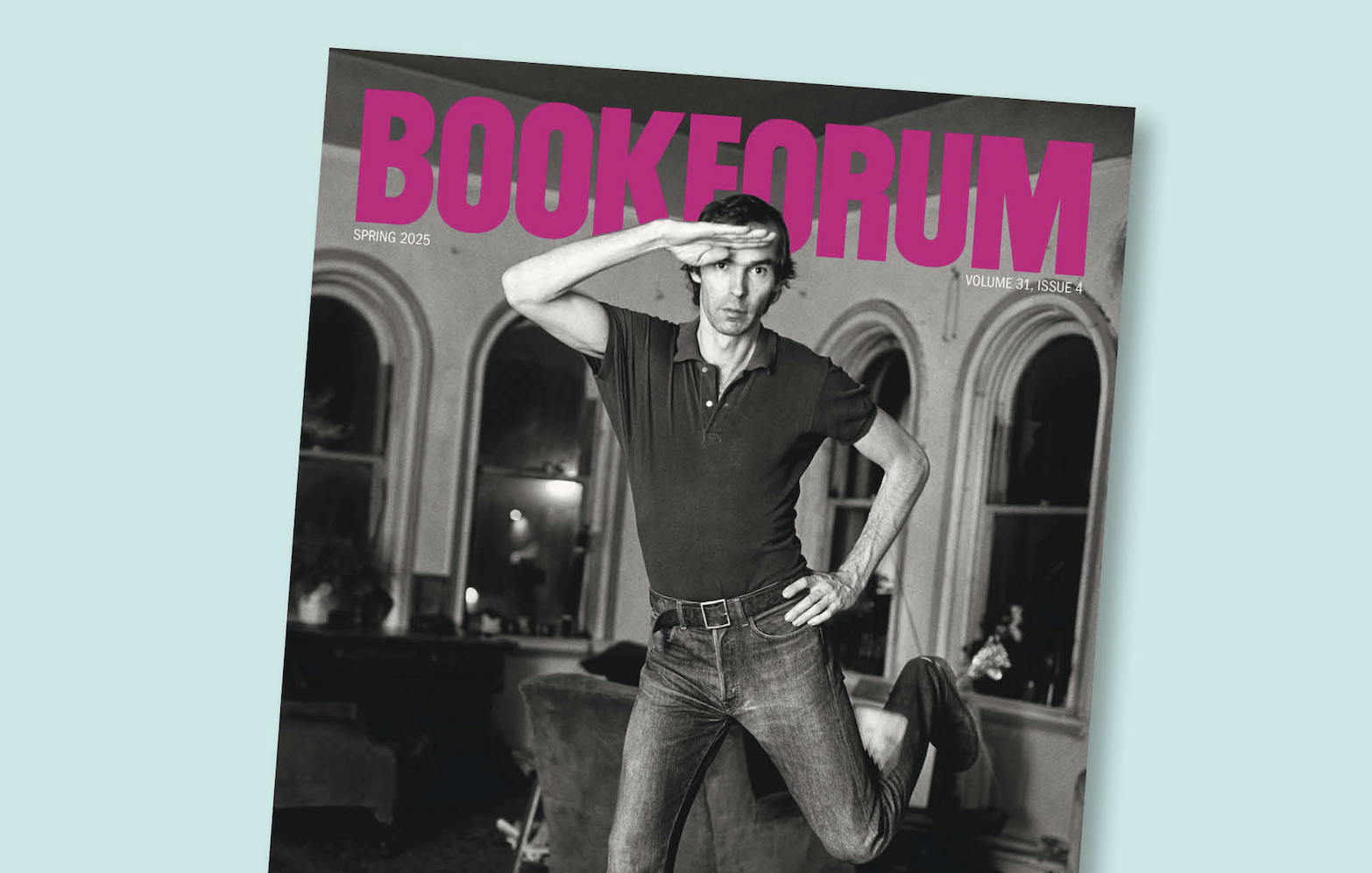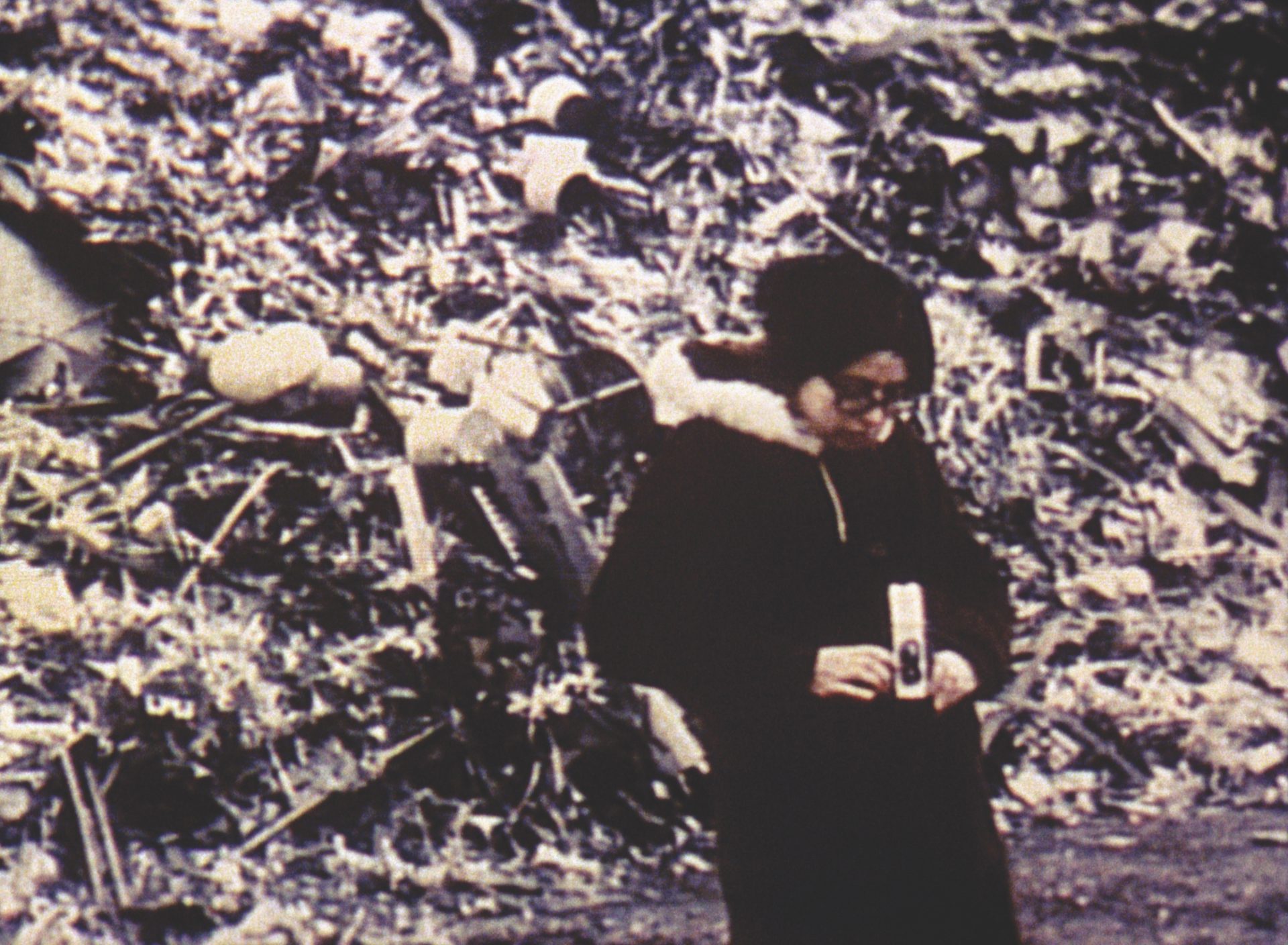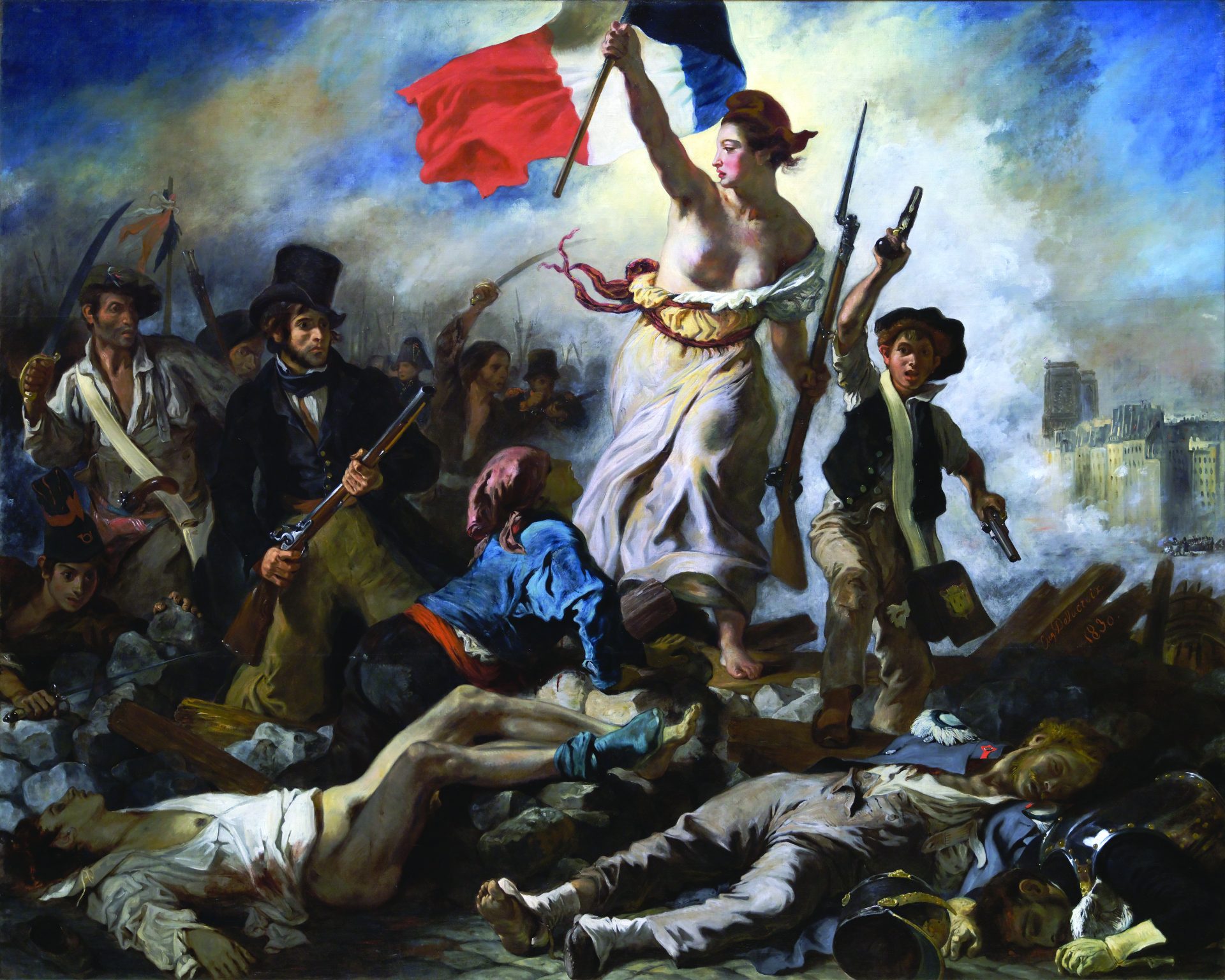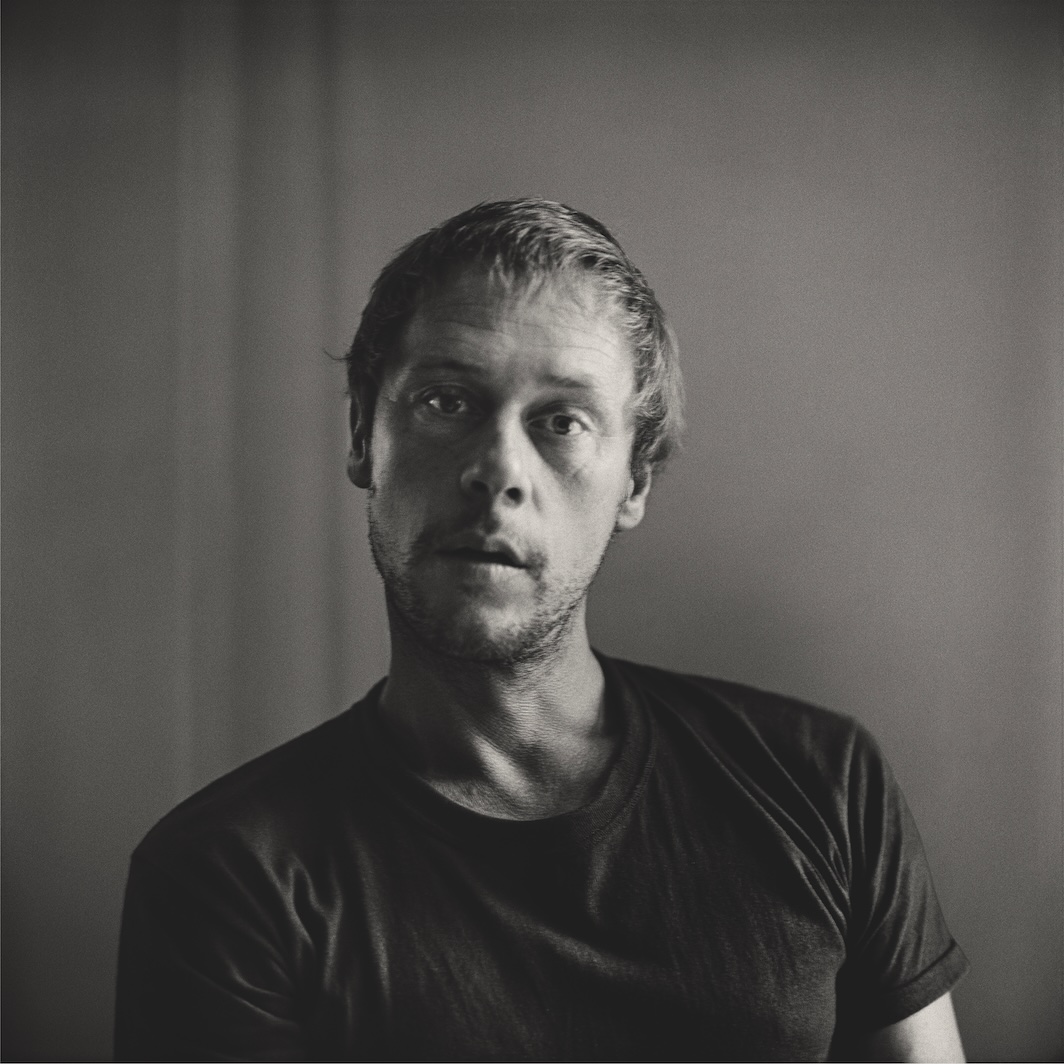
The ACT UP Oral History Project has a new website, with nearly two-hundred video interviews with members of the AIDS activist group as well as an archive of material from The Latina/o Caucus of ACT UP New York. For more, check out Bookforum’s interview with the oral history’s co-founder Sarah Schulman and Moira Donegan’s review of Schulman’s book Let the Record Show A Political History of ACT UP New York, 1987-1993.
Join us on Thursday for “No Wrong Answers: Authors in Conversation.” This free online event will feature Elias Rodriques and Robin D. G. Kelley in conversation.
Rachel Monroe has joined the staff of the New Yorker, where she will be writing about Texas for the magazine. In 2019, Monroe reviewed Stay Sexy and Don’t Get Murdered and the true-crime podcast boom for Bookforum.
In the New York Times’s “Times Insider” column, Robert Kolker talks about reporting and writing his viral story “Who Is the Bad Art Friend?” Of the story’s rich life in the discourse, Kolker says, “ I feel that a lot of the debate that continues to swirl across Twitter risks flattening the piece into a tale of good guys and bad guys—which, you might say, kind of proves the story’s point.”
Maggie Doherty considers the life and work of critic and novelist Elizabeth Hardwick for the New Yorker. Discussing her autobiographical novel Sleepless Nights, Doherty writes: “Hardwick never arrived at firm answers to the questions that preoccupied her, about dominance and submission, independence and intimacy, autonomy and sacrifice. Like the most attuned among us, she could recognize the ways that each experience, or desire, also contained its opposite: autonomy was usually enabled by the support of others; the weak sometimes wanted to be dominated as much as they wanted to be free.”
For a profile in the New York Times, Elizabeth A. Harris pays Hanif Abdurraqib a visit in Columbus, Ohio, where the writer is something of a local hero. Abdurraqib discusses how he came to writing as a way to distract himself during a difficult period, and the questions he asked himself while writing his latest book, A Little Devil in America. It began as an exploration of how Black performance is subject to cultural appropriation, but Abdurraqib found more in the project by moving past the idea of decentering whiteness: “The better question I was asking myself is, how can I celebrate the under-celebrated, or the uncelebrated, in new ways?”





